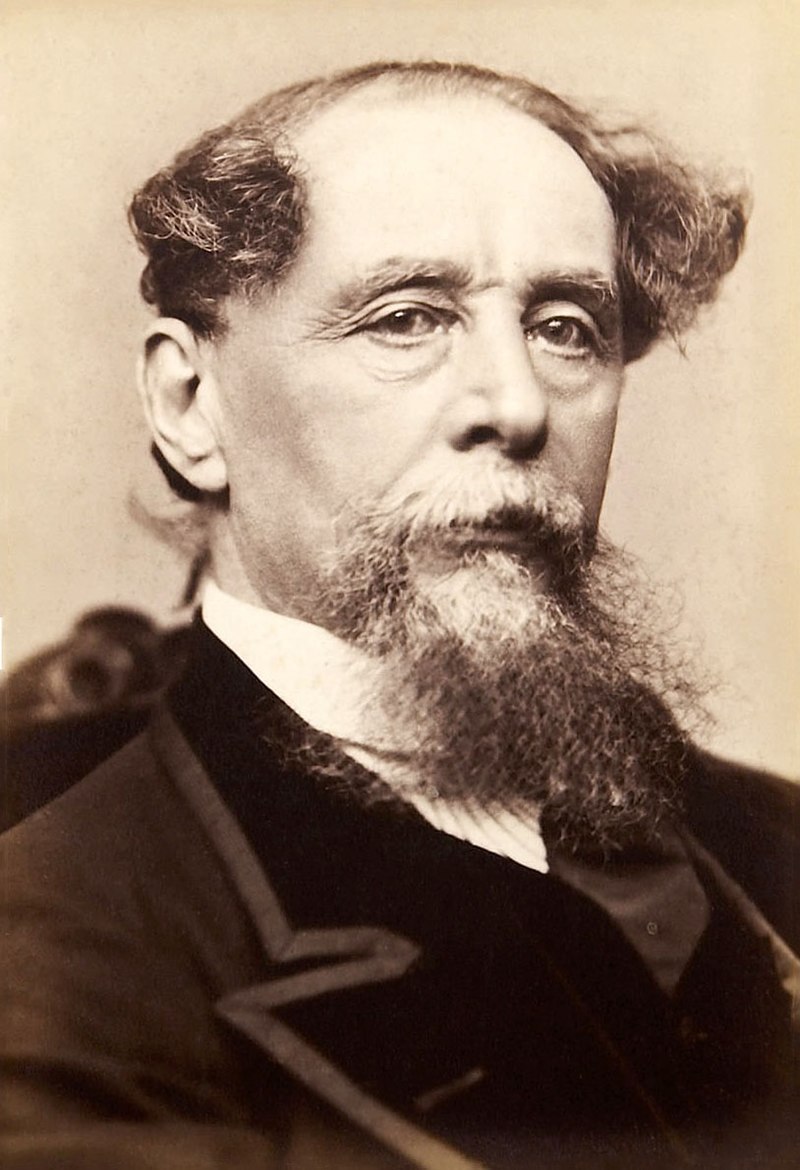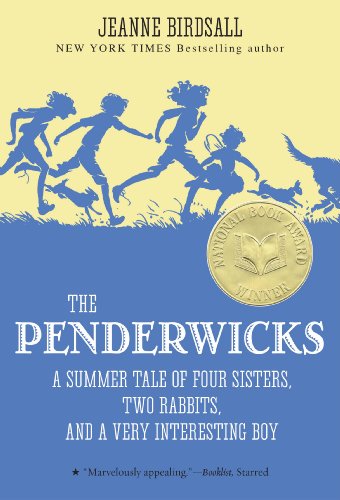I used to feel so sorry for the people on that A&E show, Hoarders . There they were, self-imprisoned victims, overwhelmed by their obsessions with trash. Most of them knew they were sick but, because of their illness, couldn't find the way to heal themselves. I'd sit in my mostly tidy living room and pity these folks, sure I didn't have a problem like theirs. Well, I do and it's appeared in a very odd place. I seem to be a kitchen clutter monkey.
This all started last Thursday when the leader of my weight-loss group talked about how "stuff" fills up our kitchen pantries. Along with the staples we use on an everyday basis, people often store groceries they never use. As everyone in the meeting began nodding, I got an idea. "Hey, let's all clean out our pantries and bring the extras to the next meeting so we can donate it to a food bank!" Everyone agreed so I had to clean out my own shelves. I wasn't prepared for what I found!
 |
| What was hiding in the pantry |
 |
| Found: flea collar for the dog that passed away more than 15 years ago! |
This is what came from my two-tier, under-cabinet, Lazy Susan pantry. Yes, all of that was stacked on two tiers. Frankly, with all that weight, the Lazy Susan had trouble spinning. And, despite that cornucopia of cans, we rarely found what we wanted in that cupboard. So, Rog or I would run back to the market and end up buying more stuff. Well, as of today, that practice was ending. I was going to get us back to the items we wanted and needed!
The first step in sorting out this mess was to take out all of the unhealthy out-of-date food which, in itself, was an unpleasant surprise. Some of these were souvenirs of an earlier time when we were eating some dish regularly. Others, like the sugar-free, Irish-Cream syrup that didn't taste like Irish Creme, were food experiments that failed. A few items fell into the "What was I thinking?" category. Turnip greens? Watermelon Jello? Organic Grits? Rutabagas? Roger and I would never eat these unless we faced nuclear winter, so how did they end up in our pantry? (Seriously, who carried Rutabagas into my house?) As it is, some of them have been in this pantry almost as long as we've lived here. Well, they're going now!
 |
| Food too old to eat or share - I hate this kind of waste! |
Once the bad choices and the oldy-moldy-goldy cans were sequestered, it was time to sort for the food bank's benefit. Now, I don't want to sound selfish but I do need to be practical. Giving away Roger's favorite pears may delight some hungry people but it won't fix my pantry space problem because Rog will just go get more pears. So, what went to the food bank? The collard greens, the wax beans, the extra cans of chicken soup. (no one needs that much chicken soup!) The cake and muffin mixes I'm never going to bake; the unopened bottles of salad dressing. My food bank donations ended up filling a laundry hamper.
 |
| Charlie has to get in front of the hamper of food-bank donations. |
Of course, the cupboard clean-out held some good surprises as well. An unopened box of one of my favorite teas had hidden itself in the cabinet. Behind the remaindered pumpkin, I found a jar of butternut squash soup. These went back with the "keeper" groceries and would you believe the result?
Finally, a Lazy Susan that spins and shows me what we have at a glance! It took a couple of hours and more cleaning than I'd like to admit but my pantry is, once again, tidy. So, I may be a Kitchen Clutter Monkey but I'm in recovery right now. And I'm no longer eligible to star in my own episode of "Hoarders."














